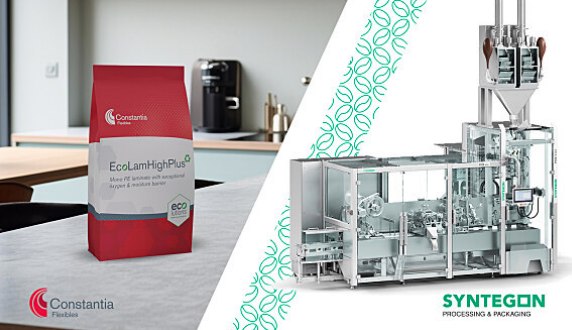Optimum Group, a leading supplier of self-adhesive labels and flexible packaging, has improved the recyclability of its shrink sleeves after adopting Flint Group’s Evolution range of primers and varnishes, which are designed to enhance packaging and label recycling.
Sidebar
News
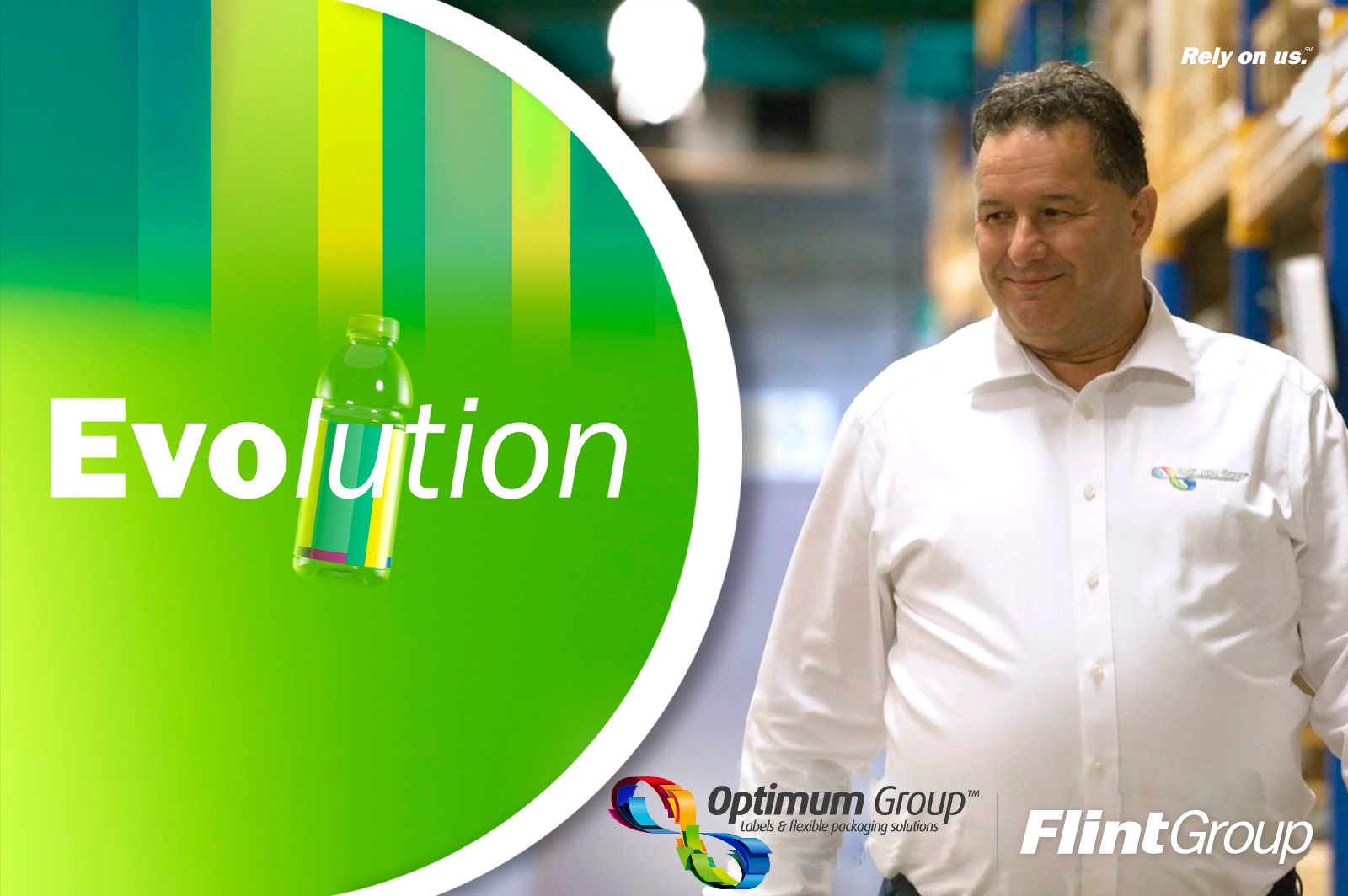

Paragon ID UK sees 80% reduction in power consumption following transition to Fujifilm LuXtreme LED UV curing system
Just months after installing Fujifilm’s LuXtreme LED UV curing system and switching to CuremaX LED UV inks, Paragon ID UK is reaping significant benefits in sustainability and operational efficiency. This rapid improvement follows Paragon ID UK’s strategic decision to enhance its production operations at its Hull facility by adopting LED UV technologies from Fujifilm.
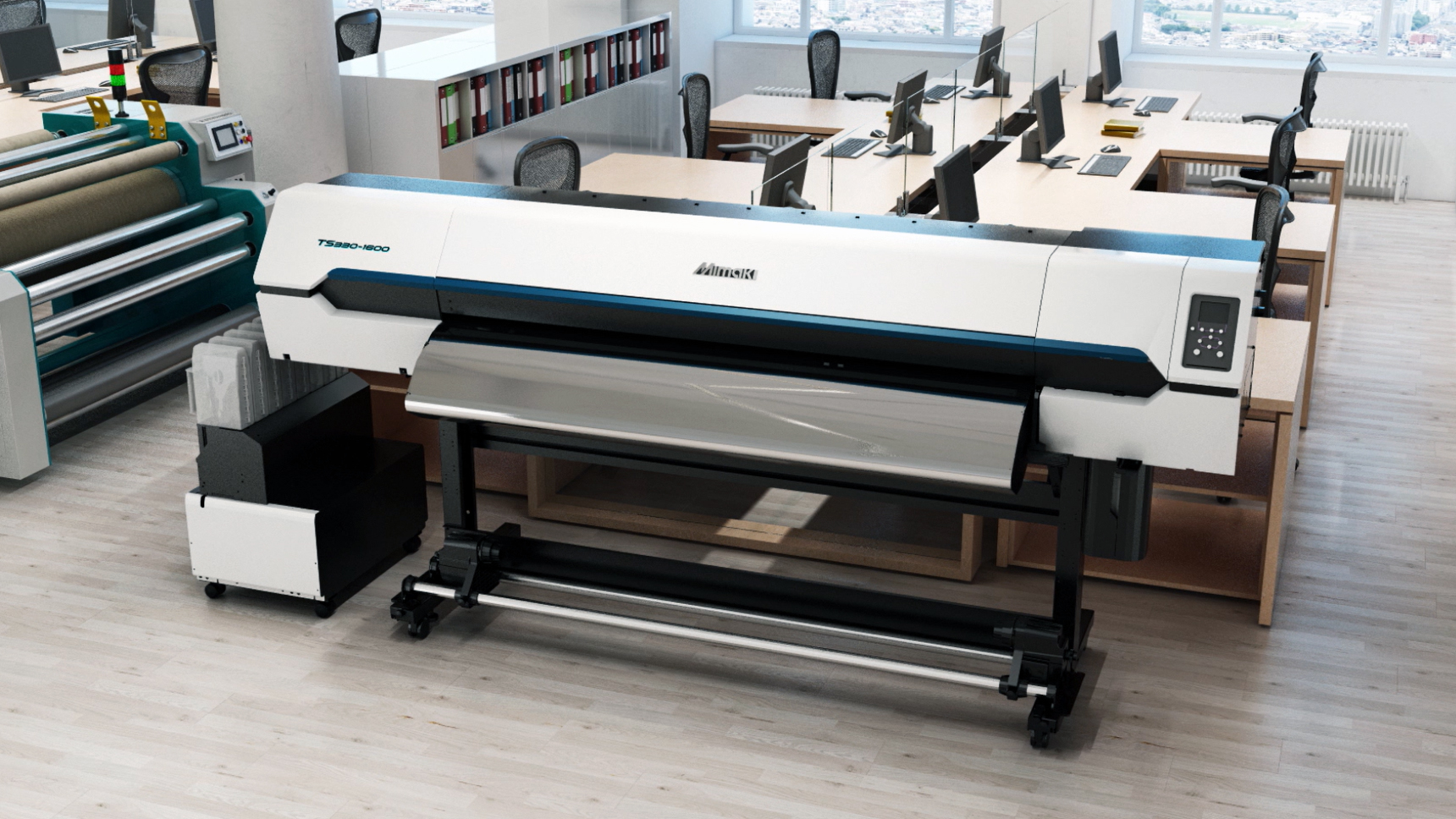
Mimaki's Textile Pigment Transfer Printing Solution “TRAPIS” Ushers in a Sustainable Future
For decades, polyester has been the cornerstone of the textile printing industry. Its compatibility with the digital sublimation process—a cost-effective, simple technology—has driven exponential growth in polyester printing. However, the very characteristics that make polyester well suited for sublimation printing render this printing technique unsuitable for other materials, such as cotton and some blended fibres, leaving a significant gap in the market.

Stora Enso announces opening of Production Unit for Dry Molded Fiber
PulPac licensee, Stora Enso, announces the opening of a groundbreaking Dry Molded Fiber Production Unit in Skene, Sweden. The facility is the largest and most advanced of its kind, marking a significant milestone in sustainable packaging technology. Production is set to begin in Q4 2024 after successful large-scale testing.
Sustainability now: Apply for the Special Interest Ethical Style by 22 November 2024
Sustainable consumption is becoming increasingly important to consumers worldwide. For ten years now, the joint programme of Ambiente, Christmasworld, Creativeworld and Nordstil, under the name Ethical Style, has been giving visibility to companies and products that focus on sustainability. The scheme provides orientation for the trade and brings together supply and demand. Online registration for participation in 2025 is open until 22 November.

Mr. Ashok Chaturvedi highlights the role of Artificial Intelligence in addressing the problem of flexible packaging waste at ElitePlus++Global Business Summit 2024
Mr. Ashok Chaturvedi, Founder, Chairman, and Managing Director, UFlex Group, delivered a pivotal keynote address highlighting the role of artificial intelligence in solving the problem of flexible packaging waste, contributing to a cleaner and greener planet, at the world’s largest business summit on flexible films and laminates for packaging and applications.

Miraclon joins Consortium for Waste Circularity
Collaboration to expand sustainability impact across packaging industry

First 7,5 million drinking straws in the US to be made of compostable material from Gaia Biomaterials
American sustainable serviceware producer Evanesce is just about to start producing the first 7.5 million drinking straws made from Biodolomer, a compostable material based on limestone. Biodolomer is developed and manufactured in Sweden by Gaia Biomaterials.

Xerox Publishes 2024 Corporate Social Responsibility Report
The company provides an update on its net zero by 2040 roadmap and recognitions received for sustainability efforts
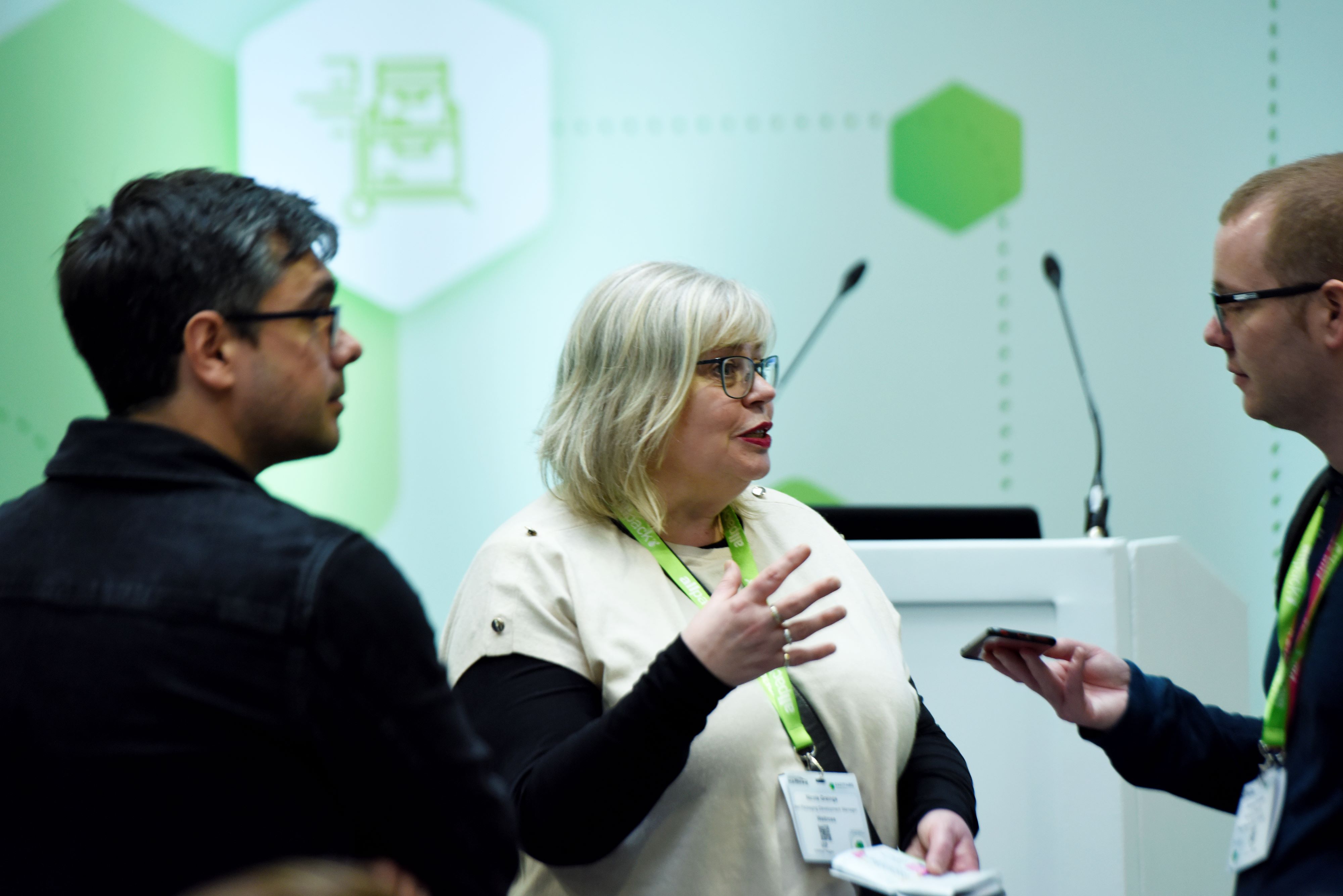
Redesigning packaging for a sustainable future
Packaging has evolved into one of the foundational building blocks of the modern economy. From the cardboard boxes that protect electronics during shipping to the plastic wrappers that keep food fresh, packaging is everywhere. However, with this omnipresence comes immense responsibility. As companies seek to balance consumer convenience with environmental stewardship, the question of how to reduce the ecological footprint of packaging without sacrificing functionality has become more urgent than ever.

Sustainable Design - Red Dot Award: Product Design introduces new meta-category
The internationally renowned Red Dot Award: Product Design has started a new round of the competition. New this year: Red Dot is expanding the assessment spectrum to include the meta-category “Sustainable Design” focussing on sustainable and responsible product design.
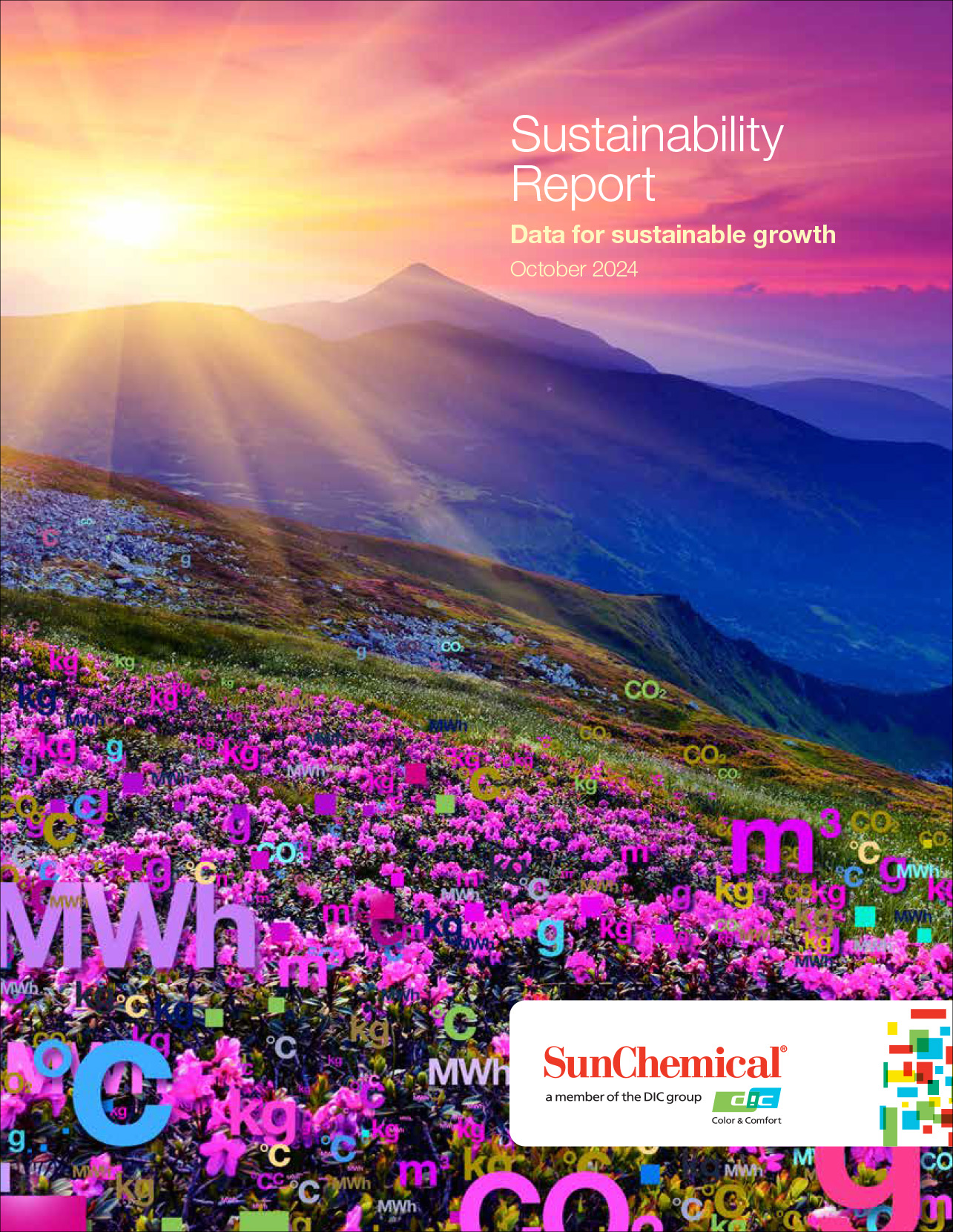
Sun Chemical Issues New Sustainability Report
Sun Chemical released its fourteenth sustainability report, emphasizing the business’ continued prioritization of sustainability leadership and commitment to social responsibility.

Going process free with Kodak: an effortless way to step up on sustainability
Changing market and customer requirements, trends in society, but also stricter regulatory requirements in most countries around the world mean that the pressure on printing businesses to be more sustainable continues to rise. Printers are therefore actively seeking ways to reduce waste, conserve energy, and promote eco-friendly practices throughout their operations.
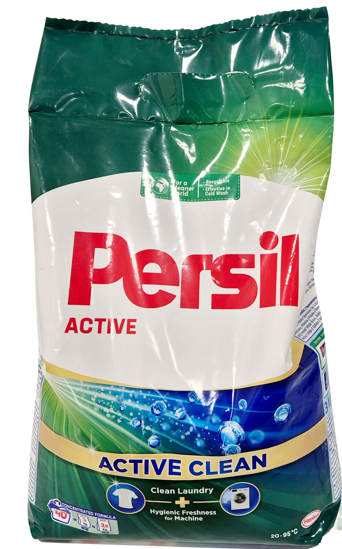
Korozo Group to participate at Sustainability in Packaging Europe 2024
International flexible packaging and films specialist, Korozo Group, is delighted to be taking part in the Sustainability in Packaging Europe conference next week, where it will partner with Borealis and Henkel to detail their collaborative work to create sustainable and circular packaging solutions.
Ast calls on the industry to adopt sustainable waste processing
Ast, the UK’s only carbon neutral transport branding company, has announced that it has found there is now a sustainable way to process all types of used backing paper, and the innovative firm is keen to share it and encourage everyone in the print industry to adopt it.
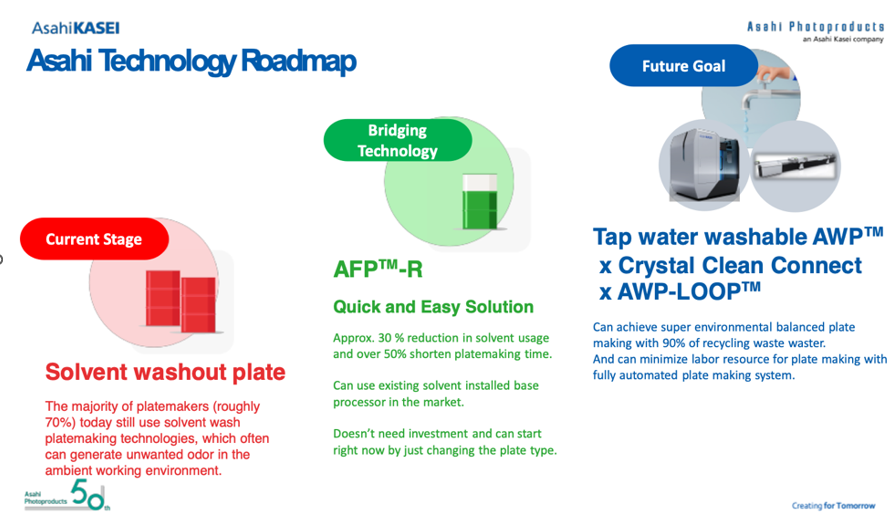
Asahi Photoproducts Brings Solvent ZERO Messaging to the FTA Fall Technical Conference
AWP™ water-washable plates and AFP-R reduced solvent plates will be explained as part of a technical conference speech.

All4Labels and ACTEGA extend their cooperation for the commercialization of a disruptive and sustainable no-label look decoration
After signing the contract for exclusive use of the technology in Europe, All4Labels was also selected as the sole partner for South and Central America

Iggesund Mill approaching fully fossil-free production
Our pulp and paperboard mill in Iggesund has long been almost entirely powered by fossil-free energy. It efficiently uses wood raw material to produce paperboard and uses the residual raw material lignin as energy in the process. By using the whole tree, the mill is able to produce renewable energy in the form of steam, which is used both in the drying process of paperboard and pulp and to produce electricity.

Southco: Enhancing Enclosure Performance - The Critical Role of Access Hardware and Gaskets
The shift to renewable energy is here, and with it comes valuable infrastructure that needs protecting. Rain, dust, and other environmental factors are constant threats to outdoor equipment, and a quality gasket could be the difference between safe energy storage systems and costly damage.

Fujifilm’s Broadstairs ink manufacturing site receives Valpak ‘Zero to Landfill’ certification
Fujifilm is pleased to announce that its Broadstairs ink manufacturing site has received ‘Zero to Landfill’ certification from Valpak, a leading provider of environmental compliance and recycling solutions.

 Deutsch (Germany)
Deutsch (Germany)  Polski (PL)
Polski (PL) 
